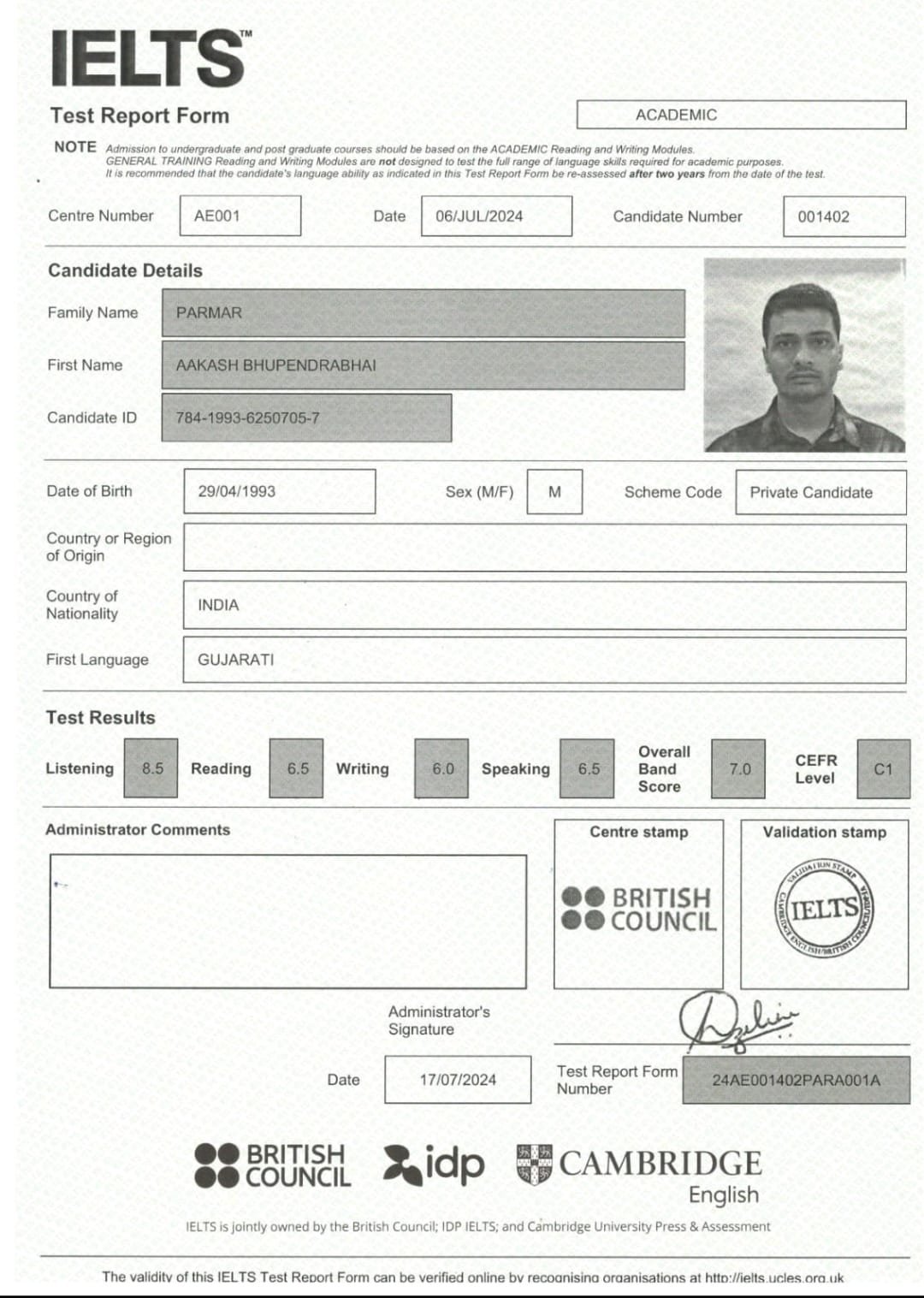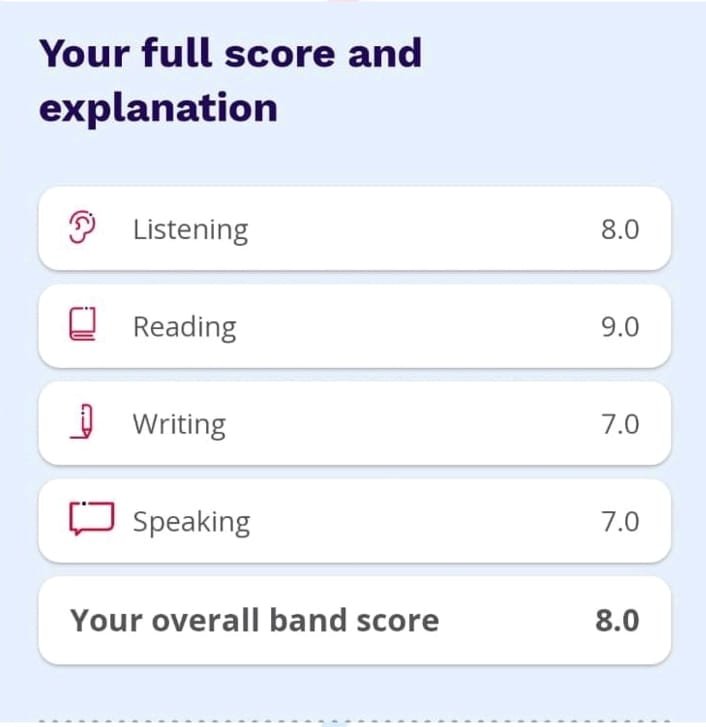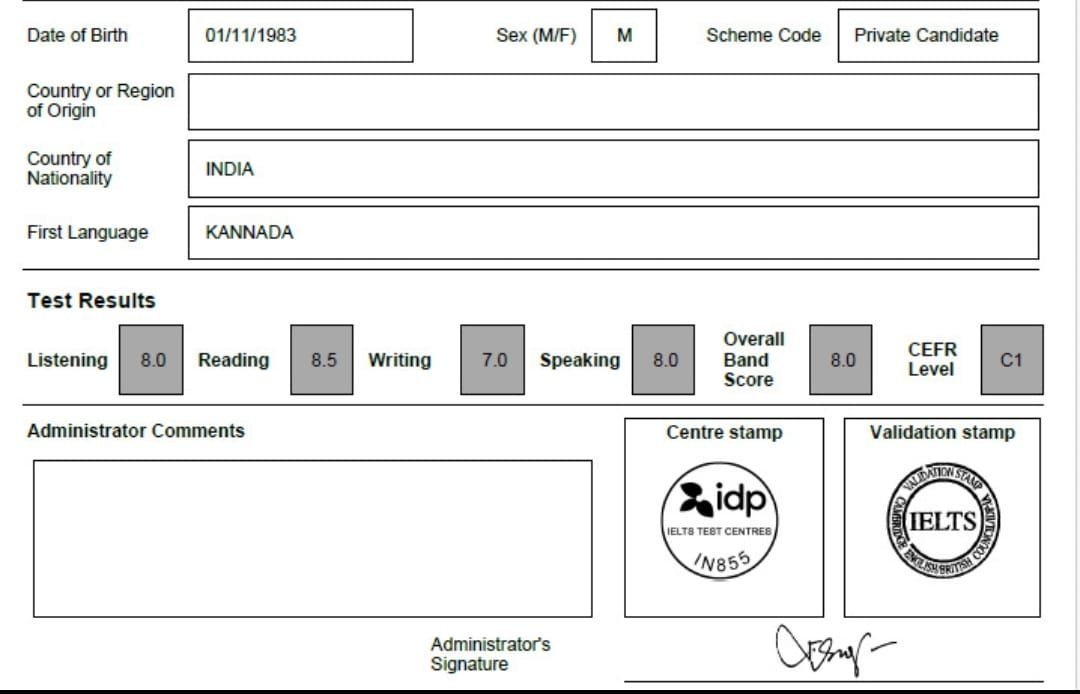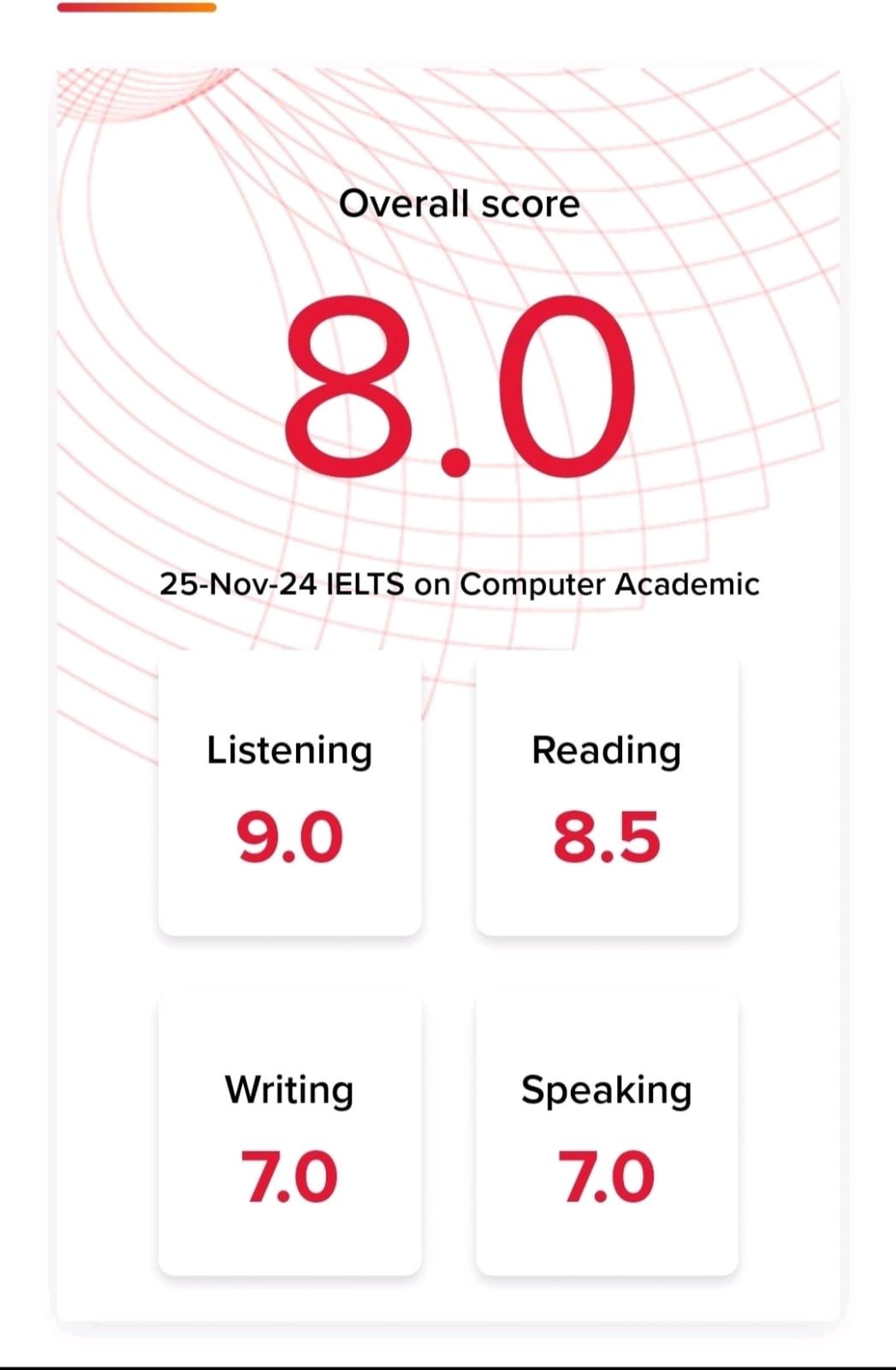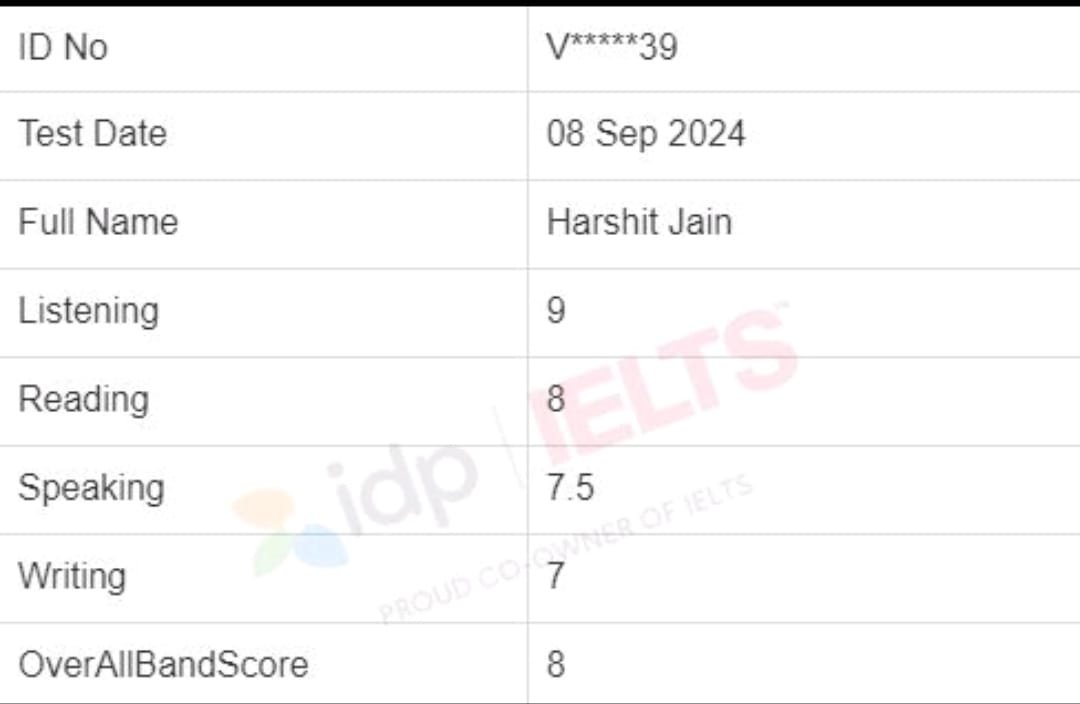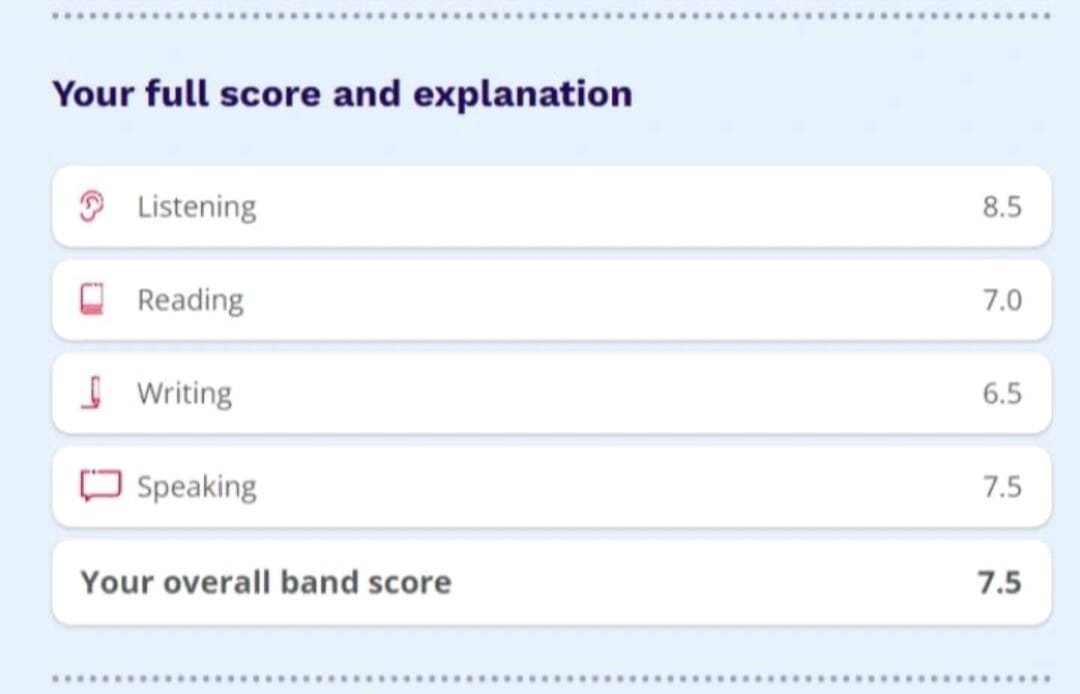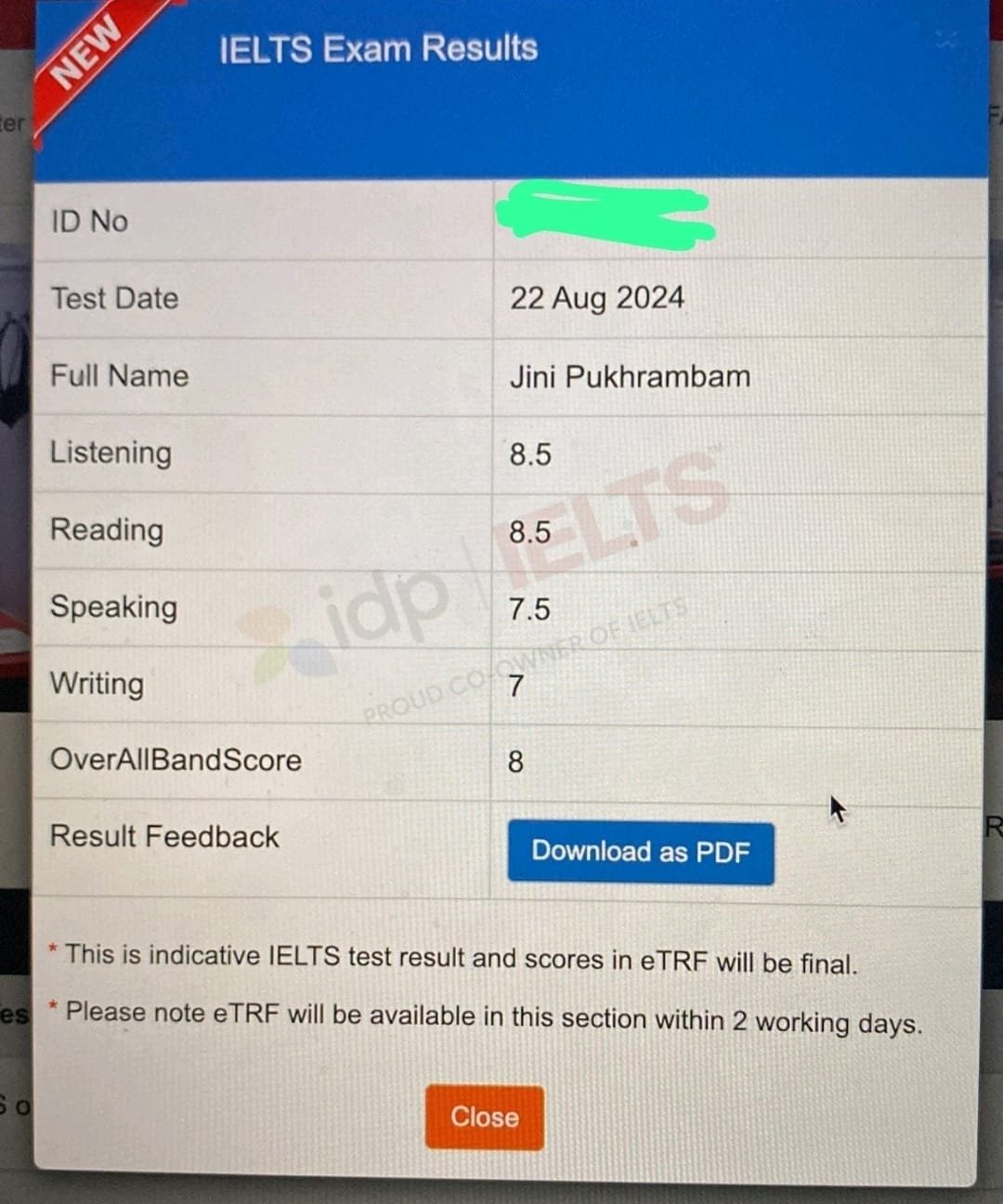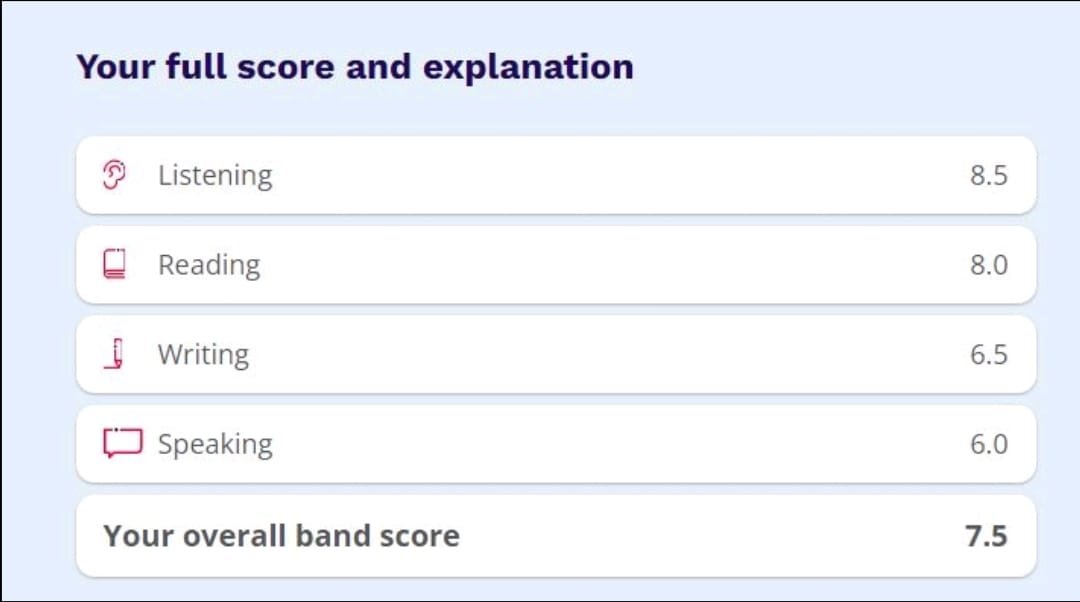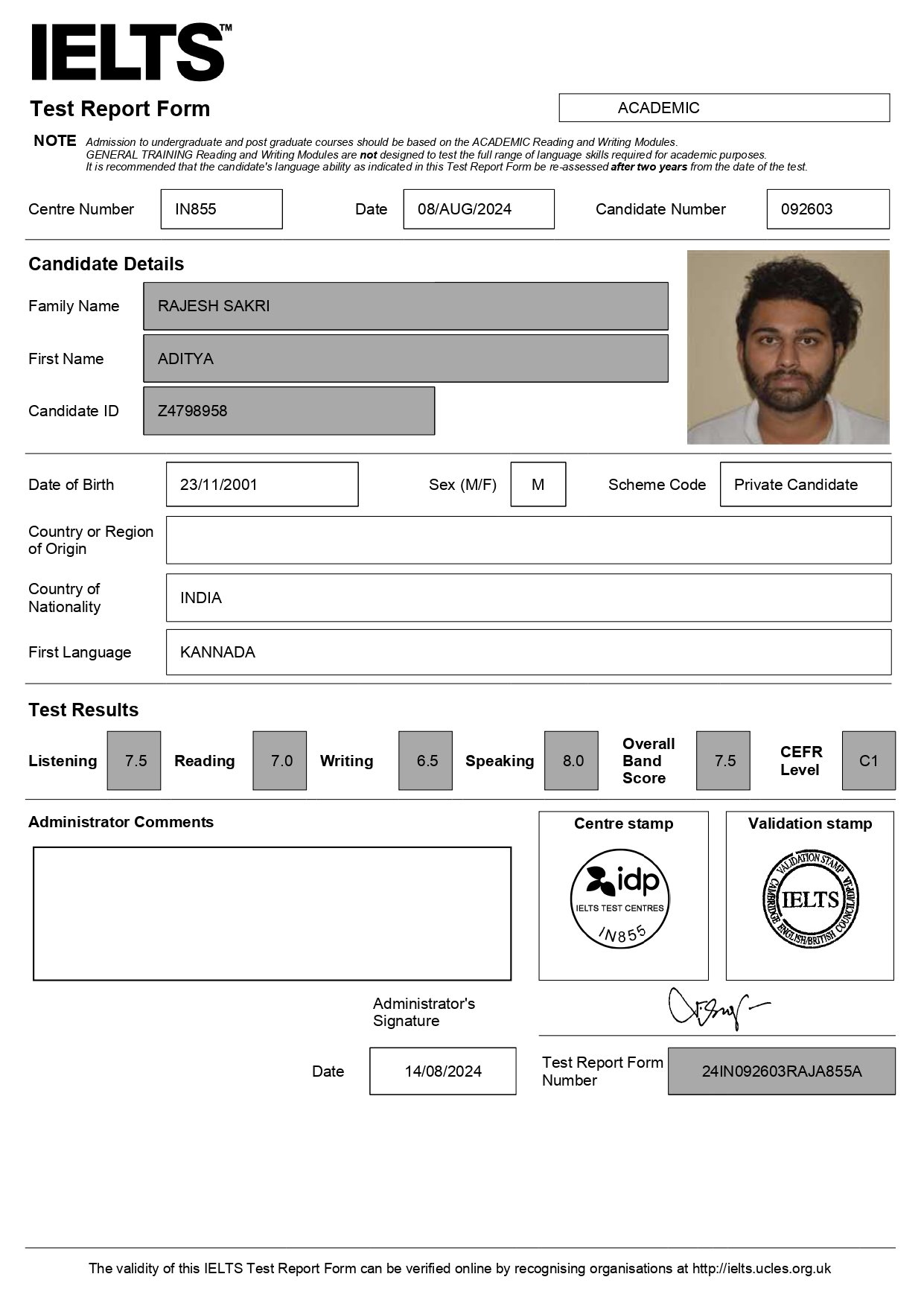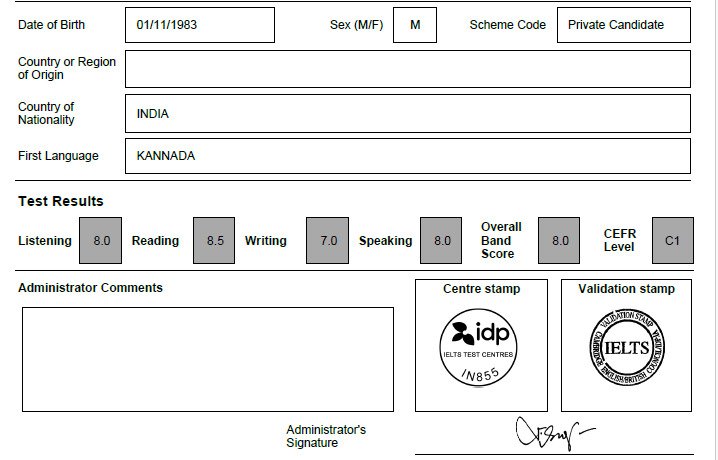
As an IELTS coach with 14 years of experience, I’ve seen how a thick New Words in English vocabulary can really push your scores up. Increasing your word bank not only contributes to understanding complex texts but also helps you communicate better.
To be a success in IELTS, where choice of vocabulary and coherence are equally important, it is very necessary to have a strongly developed word bank.
To make the point that we have just discussed even clearer, read on. I hope that this list of 100+ English vocabulary words will be useful for IELTS test candidates and students.
Why is Vocabulary Important for IELTS?
A rich vocabulary helps in all four sections of the IELTS test:
-
Reading: Understanding difficult passages and answering questions accurately.
-
Writing: Using precise words to articulate ideas clearly and improve coherence.
-
Listening: Catching important details in conversations or lectures.
-
Speaking: Expressing opinions fluently with varied vocabulary.
To get a high band score, you need to show a wide range of vocabulary with correct usage.
Advanced New Words in English Vocabulary for IELTS
Here are 100+ new words in english, categorized based on IELTS topics.
1. Education & Learning
-
Pedagogy – The method and practice of teaching.
-
Curriculum – The subjects included in a course of study.
-
Cognitive – Related to thinking and understanding.
-
Vocational – Relating to a skill-based profession.
-
Linguistic – Related to language.
-
Analytical – Using logical reasoning.
-
Experiential – Learning through experience.
-
Scholarship – Financial aid for education.
-
Accreditation – Official recognition of an institution or course.
-
Plagiarism – Copying someone’s work without credit.
Also explore – https://yourlocalieltscoach.com/ielts-vocabulary-by-kk-ielts-coach-ylic/
2. Work & Business
-
Entrepreneur – A person who starts and runs a business.
-
Freelancer – A self-employed individual.
-
Hierarchy – A system of ranking people in an organization.
-
Monopoly – Complete control of a product or service by one company.
-
Incentive – A reward to encourage better performance.
-
Productivity – Efficiency in completing work.
-
Corporate – Related to large businesses.
-
Networking – Building professional connections.
-
Internship – A temporary job for gaining experience.
-
Remuneration – Payment for work done.
3. Environment & Nature
-
Biodiversity – The variety of life in an ecosystem.
-
Sustainability – Using resources in a way that does not harm the environment.
-
Deforestation – Cutting down trees in large areas.
-
Ecosystem – A community of living organisms.
-
Renewable – A resource that can be replenished naturally.
-
Pollutant – A substance that contaminates the environment.
-
Climate change – Long-term changes in weather patterns.
-
Carbon footprint – The amount of carbon dioxide a person produces.
-
Ecological – Related to the environment.
-
Conservation – Protecting and preserving natural resources.
4. Technology & Innovation
-
Artificial Intelligence (AI) – Machines that mimic human intelligence.
-
Automation – The use of technology to operate without human involvement.
-
Cybersecurity – Protection of computer systems from attacks.
-
Digitalization – Converting information into digital format.
-
Algorithm – A set of rules followed by computers.
-
Virtual Reality (VR) – A simulated digital environment.
-
Encryption – Converting information into a secure format.
-
Augmented Reality (AR) – Digital images overlaid on real-world objects.
-
Big Data – Large sets of complex data.
-
Cloud Computing – Storing and accessing data over the internet.
5. Health & Medicine
-
Pandemic – A disease outbreak affecting many countries.
-
Immunity – The body’s ability to resist disease.
-
Vaccine – A substance that provides protection against diseases.
-
Diagnosis – Identifying an illness based on symptoms.
-
Nutrition – The process of getting food necessary for health.
-
Mental Health – Psychological well-being.
-
Sedentary – A lifestyle with little physical activity.
-
Hereditary – Traits passed from parents to children.
-
Rehabilitation – Treatment to restore health.
-
Epidemiology – The study of diseases and their spread.
6. Society & Culture
-
Democracy – A system where people vote for their leaders.
-
Ethnicity – A person’s cultural identity.
-
Assimilation – Adapting to a new culture.
-
Censorship – Restricting information or speech.
-
Multiculturalism – The coexistence of different cultures.
-
Globalization – The process of worldwide integration.
-
Tradition – A custom passed through generations.
-
Patriarchy – A male-dominated society.
-
Discrimination – Unfair treatment based on race, gender, etc.
-
Social Mobility – The ability to move up or down the social ladder.
7. Travel & Tourism
-
Itinerary – A planned route or journey.
-
Backpacking – Traveling with minimal luggage.
-
Hospitality – Friendly treatment of guests.
-
Ecotourism – Environmentally responsible travel.
-
Jet Lag – Fatigue from changing time zones.
-
Tourist Attraction – A popular place for visitors.
-
Immigration – Moving to a new country.
-
Visa – A permit to enter a country.
-
Cultural Exchange – Learning from another culture.
-
Expedition – A journey for exploration.
8. Science & Research
-
Hypothesis – A proposed explanation based on evidence.
-
Innovation – A new method, idea, or invention.
-
Experimentation – Testing a hypothesis.
-
Breakthrough – A significant discovery.
-
Genetics – The study of inherited traits.
-
Analysis – Examining data in detail.
-
Evolution – The process of gradual development.
-
Quantum Physics – The study of atomic particles.
-
Nanotechnology – Science dealing with extremely small particles.
-
Skepticism – Doubting accepted beliefs.
9. Economy & Finance
-
Inflation – A rise in prices over time.
-
Recession – A period of economic decline.
-
Investment – Putting money into something for profit.
-
Subsidy – Government financial support.
-
Capitalism – An economic system based on private ownership.
-
GDP (Gross Domestic Product) – The total value of goods and services produced.
-
Microeconomics – Study of individual economic units.
-
Liquidity – The ability to convert assets into cash.
-
Deficit – Spending more than earnings.
-
Tariff – A tax on imported goods.
10. Law & Politics
-
Legislation – Laws made by the government.
-
Jurisdiction – Legal authority over an area.
-
Diplomacy – Managing international relations.
-
Sovereignty – Supreme power of a country.
-
Referendum – A public vote on an issue.
-
Constitution – The fundamental principles of a country.
-
Amendment – A change in a law or document.
-
Lobbying – Influencing government policies.
-
Civil Rights – The rights of citizens.
-
Impeachment – The process of removing a leader from office.
Last Remarks
A full complement of new words in english is a prerequisite for getting a band score In IELTS. When you learn and use these words in your writing and speaking, it will give you confidence and improve your performance at test time.
Be sure to use these words in essays readable to a real audience, or comments on weblogs and forums. Keep pushing outwards and expanding your vocabulary because then success at IELTS can’t be that far away.
